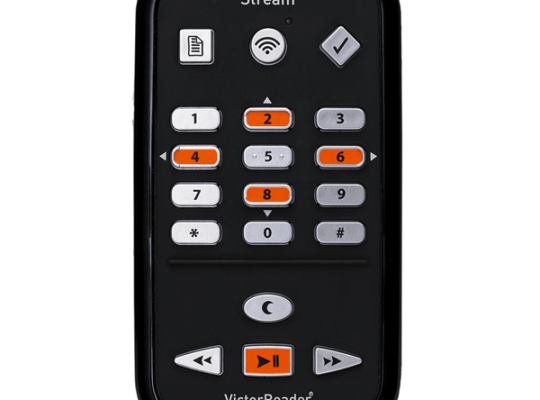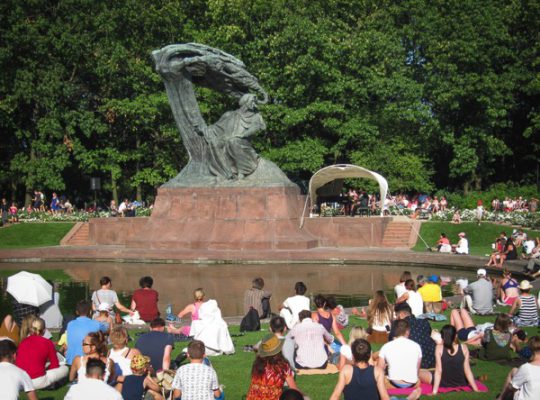
Having visited the District Six Museum and looked of the way the museum collaborates with visitors to give them the best experience, we decided to focus our energy on how to make the storytelling aspect of the museum more inclusive for people who were unable to engage with the physical exhibitions and photographs.
To do that, Karen Visser and I explored the possibility of an interactive workshop where we could engage with the museum guides and employees and teach them various aspects of storytelling to make their communications vibrant and descriptive for all who listened. At the same time, we decided to include elements of how to work with a blind visitor through sighted guide techniques, so any blind visitors could be helped to navigate the space more effectively.
We were thrilled that Tina Smith and the rest of the museum staff were happy with this suggestion, and arranged for us to present the workshop at one of the monthly Seven Steps Club meetings, to an audience made up of museum employees, visitor guides, and former residents of the District Six community.
When we structured the programme for the workshop, we tried to think of ways that the entire audience would find our presentation relevant and engaging. We decided to include not only the aspects already mentioned, but also information of what visiting heritage sites is like for both Karren as a partially blind person, and me as a fully blind person. And to learn from those attending what they felt made a visit to a heritage site meaningful for them.
On the day we had a total of about 60 people in the audience and it was a fun and engaged group, which made it a highly energetic and interactive session. My personal favourite section was the one during which Karren asked each person to select an item and describe it using senses other than their sight.
Even I, who is familiar with multi-sensory terminology, found the exercise challenging. But it was a lot of fun trying to find the exact words I was looking for. Judging by the comments and feedback we received from those going through the exercise, others in the audience also enjoyed it. It certainly resulted in a lot of laughter and conversation.
Towards the end of the workshop, we began hearing stories from members of the audience whose families had been forcibly removed from the District Six area during apartheid. The memories that were shared were moving, emotional and powerful, and were evocatively shared by those who wished to teach Karren and I about what they had experienced, using highly immersive language. A truly humbling and unforgettable moment for us both.
Though technology can be a challenge in a phygital or hybrid event, Karren and I managed to navigate the space and process calmly and everything fell together exactly as we had envisioned it. We had superb support from Dean at the District Six Museum, who ran the technology smoothly and professionally, managing both the Zoom link and the sound in the physical space, as he ran from one person to the next to ensure that everyone had the microphone when they wished to speak – I’ll bet he got his 10 000 steps during the workshop!
And there was an unexpected bonus that came out of the event – we were approached by Lisa, who was working on a series of podcasts for the District Six Museum, and she invited Karren and I to give input on the audio tracks they had produced already, to ensure that they were as vibrant and descriptive as possible. It was such an honour for us to have the opportunity of hearing some of the primary audio recordings from the District Six Museum archive before the podcasts were released to the public. So that was a wonderful way for us to finish off the project.
Except, well, there was still one more wonderful surprise in store for us – and I’ll tell you about that in my wrap-up of the project.




